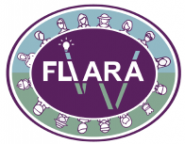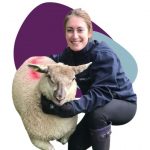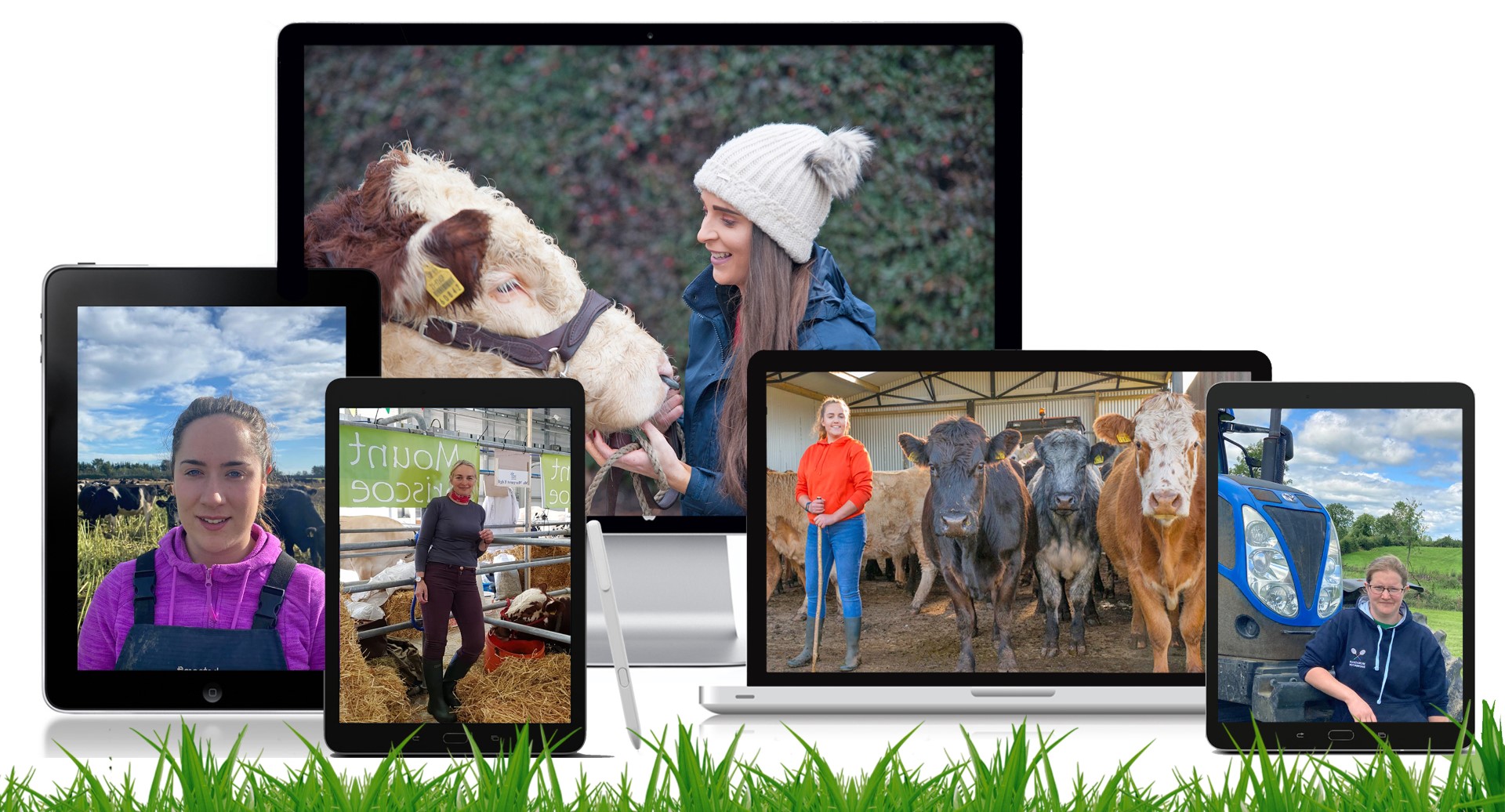The FLIARA Project explores the innovative practices of rural women in farming and rural areas. To appreciate this subject, the project partners first needed to understand the key issues and what better way to do this than to examine the knowledge that already exists. Knowledge that academics, other project groups, rural practitioners and key stakeholders have already fashioned as they journeyed this path before us. Central to understanding the issues and creating a knowledge review around them was a process of co-creation, which involved all FLIARA project partners, bringing personal, professional and existing knowledge to the table. This process resulted in a knowledge base, which can be used by the project team to understand women-led innovation in farming and in rural areas.
So, what did the FLIARA team learn on our knowledge review journey. As a starting point, it was important to understand, the key issues that exist in rural areas, which range for climate change to a digital infrastructural deficit. To overcome these challenges, rural areas need the support and investment of all European people, including women. What our knowledge review shows us however, is that history has often ignored the work of farming women or overshadowed the commercial prowess of rural businesswomen. We also learned that despite the widespread acknowledgement today of the need for gender inclusivity, men have historically dominated agriculture and many rural enterprises, with the consequence that training, funding and policy tend to be directed towards the inclusion and involvement of males. As such, female innovation and entrepreneurial potential have become an under-exploited source of rural economic growth. Despite this reality, EU Horizon 2020 projects such as WEGO (Well-Being, Ecology, Gender and cOmmunity), highlights the key role women currently play in environmental sustainability, while the DESIRA Project (Digitisation: Economic and Social Impacts in Rural Areas) identifies key digital projects women are leading in rural communities to ensure positive change and development.
Learning from Previous Projects
The above mentioned Horizon 2020 projects are only two of many that have informed our FLIARA knowledge review. In addition to exploring academic and grey literature and reports, a systemic examination of current and previous EU projects was also undertaken. A variety of projects were studied for their relevance to issues of gender, but also sustainable actions and innovative practices. These projects played a key role in informing the project partners, but more importantly, they will guide us in an appropriate direction, as we move through the project exploring key case studies of rural and farming innovations led by women. Project partners identified twenty-five key projects, which will be presented in the form of Fact Sheets and disseminated via the FLIARA project website in the coming months.
In all, the knowledge review for FLIARA has been a starting point in our journey. What we have learned will allow us inform the project partners; help us to select women as ‘Innovation Ambassadors’, envision future sustainable innovations for rural and farming women and create a Community of Practice, where we can disseminate this knowledge, engage rural and farming women and impact key policy directions for the development and sustainability of rural areas.
Author: Galway Team



